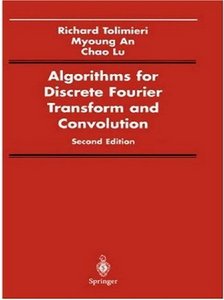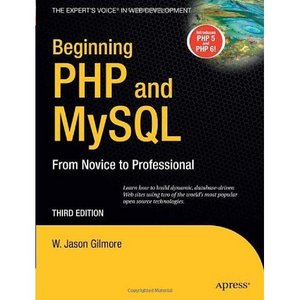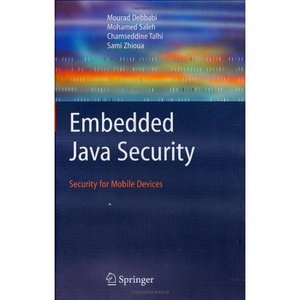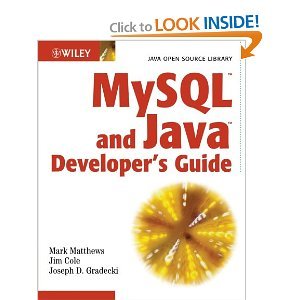Stephen C. Dewhurst, "C++ Common Knowledge: Essential Intermediate Programming"
Addison-Wesley Professional | 2005 | ISBN: 0321321928 | 272 pages | CHM | 1,1 MB
“We live in a time when, perhaps surprisingly, the best printed works on C++ are just now emerging. This is one of those works. Although C++ has been at the forefront of innovation and productivity in software development for more than two decades, it is only now being fully understood and utilized. This book is one of those rare contributions that can bear repeated study by practitioners and experts alike. It is not a treatise on the arcane or academic—rather it completes your understanding of things you think you know but will bite you sooner or later until you really learn them. Few people have mastered C++ and software design as well as Steve has; almost no one has such a level head as he when it comes to software development. He knows what you need to know, believe me. When he speaks, I always listen—closely. I invite you to do the same. You (and your customers) will be glad you did.”
—Chuck Allison, editor, The C++ Source
“Steve taught me C++. This was back in 1982 or 1983, I think—he had just returned from an internship sitting with Bjarne Stroustrup inventor of C++ at Bell Labs. Steve is one of the unsung heroes of the early days, and anything Steve writes is on my A-list of things to read. This book is an easy read and collects a great deal of Steve’s extensive knowledge and experience. It is highly recommended.”
—Stan Lippman, coauthor of C++ Primer, Fourth Edition
“I welcome the self-consciously non-Dummies approach of a short, smart book.”
—Matthew P. Johnson, Columbia University
“I agree with the author’s assessment of the types of programmers. I have encountered the same types in my experience as a developer and a book like this will go far to help bridge their knowledge gap.... I think this book complements other books, like Effective C++ by Scott Meyers. It presents everything in a concise and easy-to-read style.”
—Moataz Kamel, senior software designer, Motorola Canada
“Dewhurst has written yet another very good book. This book should be required reading for people who are using C++ (and think that they already know everything in C++).”
—Clovis Tondo, coauthor of C++ Primer Answer Book
What Every Professional C++ Programmer Needs to Know—Pared to Its Essentials So It Can Be Efficiently and Accurately Absorbed
C++ is a large, complex language, and learning it is never entirely easy. But some concepts and techniques must be thoroughly mastered if programmers are ever to do professional-quality work. This book cuts through the technical details to reveal what is commonly understood to be absolutely essential. In one slim volume, Steve Dewhurst distills what he and other experienced managers, trainers, and authors have found to be the most critical knowledge required for successful C++ programming. It doesn’t matter where or when you first learned C++. Before you take another step, use this book as your guide to make sure you’ve got it right!
This book is for you if
You’re no “dummy,” and you need to get quickly up to speed in intermediate to advanced C++
You’ve had some experience in C++ programming, but reading intermediate and advanced C++ books is slow-going
You’ve had an introductory C++ course, but you’ve found that you still can’t follow your colleagues when they’re describing their C++ designs and code
You’re an experienced C or Java programmer, but you don’t yet have the experience to develop nuanced C++ code and designs
You’re a C++ expert, and you’re looking for an alternative to answering the same questions from your less-experienced colleagues over and over again
C++ Common Knowledge covers essential but commonly misunderstood topics in C++ programming and design while filtering out needless complexity in the discussion of each topic. What remains is a clear distillation of the essentials required for production C++ programming, presented in the author’s trademark incisive, engaging style.




.jpeg)

+Cover.jpeg)







